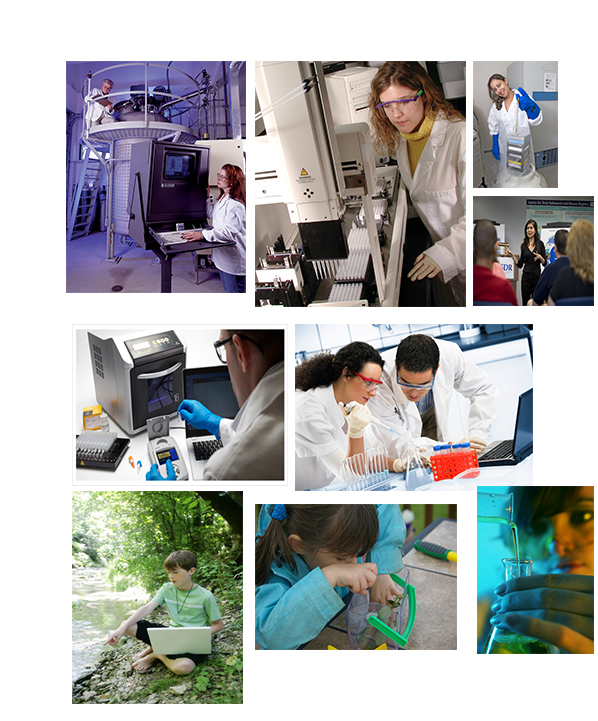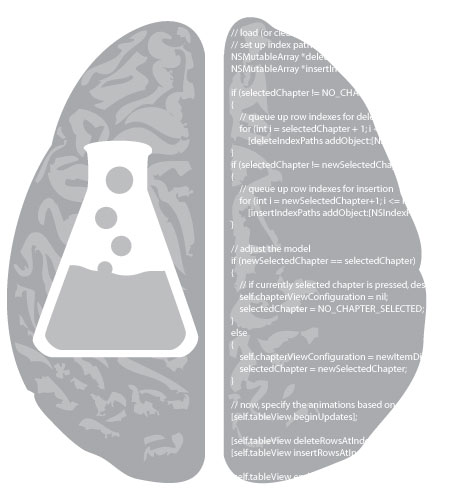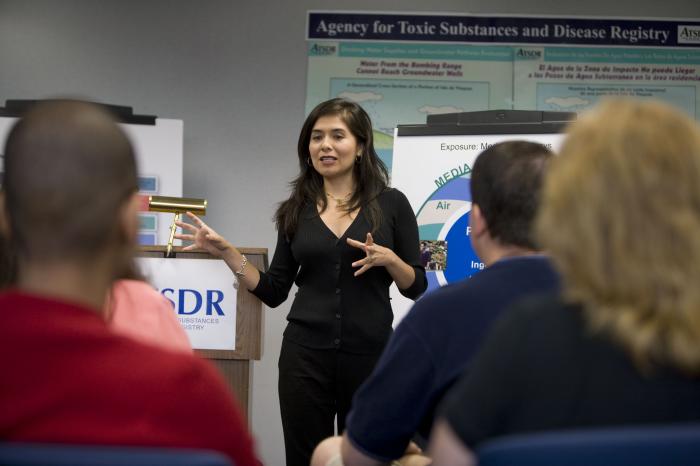 I am the mother of a six-year-old girl who loves to get magazines in the mail. For several years my daughter has received an enjoyed popular kids’ science/international culture magazine. The stories are short and simple, and this magazine usually does a good job of presenting factual information in easy-to-digest forms. Each magazine comes with a set of animal cards, which we have diligently collected.
I am the mother of a six-year-old girl who loves to get magazines in the mail. For several years my daughter has received an enjoyed popular kids’ science/international culture magazine. The stories are short and simple, and this magazine usually does a good job of presenting factual information in easy-to-digest forms. Each magazine comes with a set of animal cards, which we have diligently collected.
However, the latest issue that came to our mailbox really got me thinking. The final pages featured artwork by the young readers. I love the idea of featuring the work of the readers. Usually, my daughter loves seeing what other children her age from around the world draw and take pictures of, and sometimes we have some pretty interesting discussions about the work.
This time though we didn’t spend much time talking about the art work. She wasn’t particularly interested, and I wasn’t sure I what I thought. But I may have missed a teachable moment. The theme for the pages was a Halloween-minded “spooky science”, and all of the pictures were of “mad scientists” alone at work doing presumably nefarious things in their laboratories. Of the eight drawings pictured, six of them pictured scientists that were human, and five of the humans were male. All of them were pale-skinned. The sole female scientist, whose lab featured a certificate with the words “monster maker”, was drawn by a girl. The ages of the children submitting the work ranged from 9 to 14. Continue reading “Is This What a Scientist Looks Like?”









